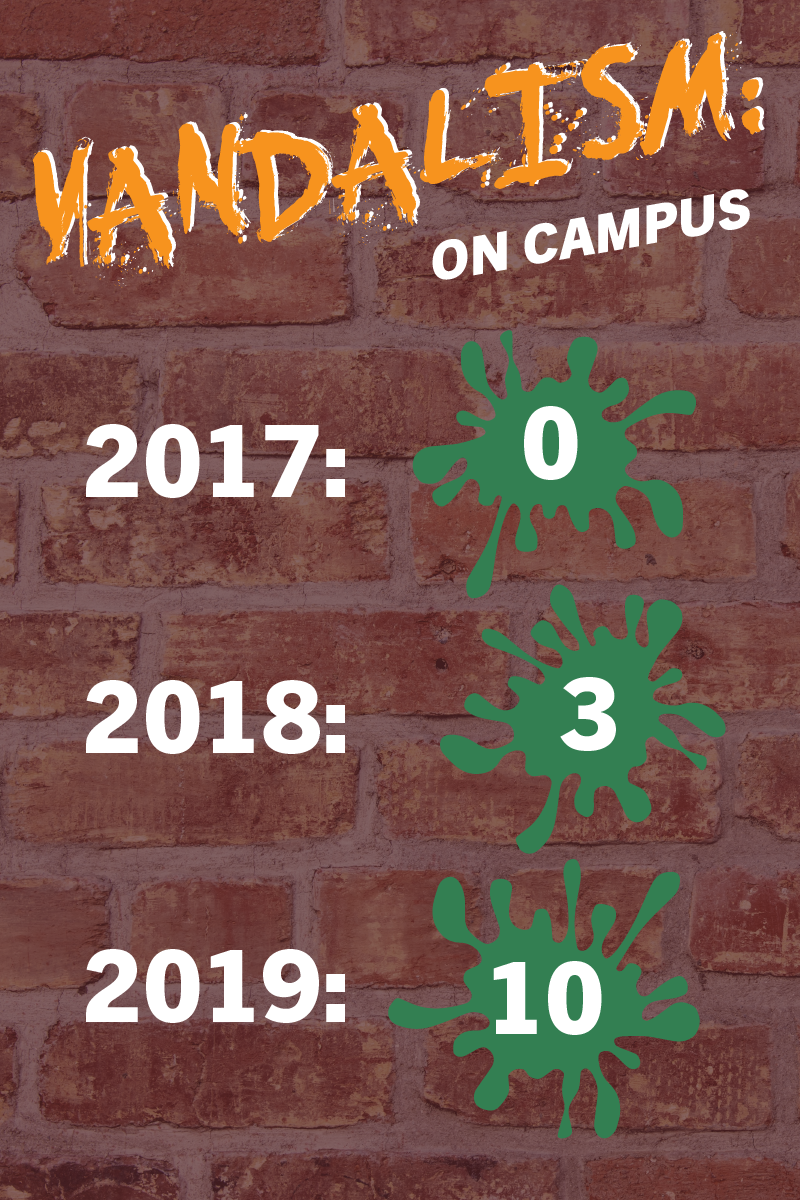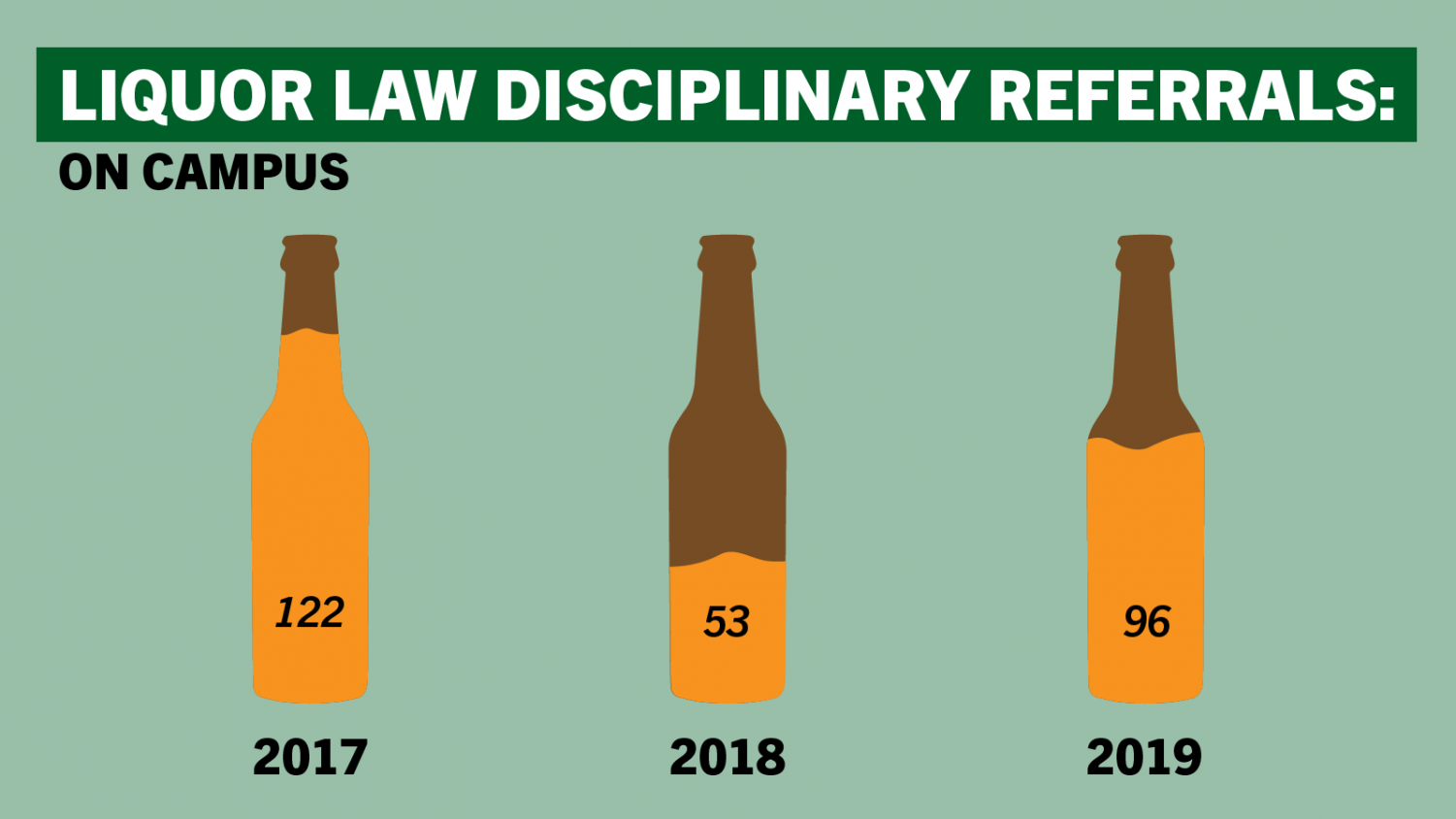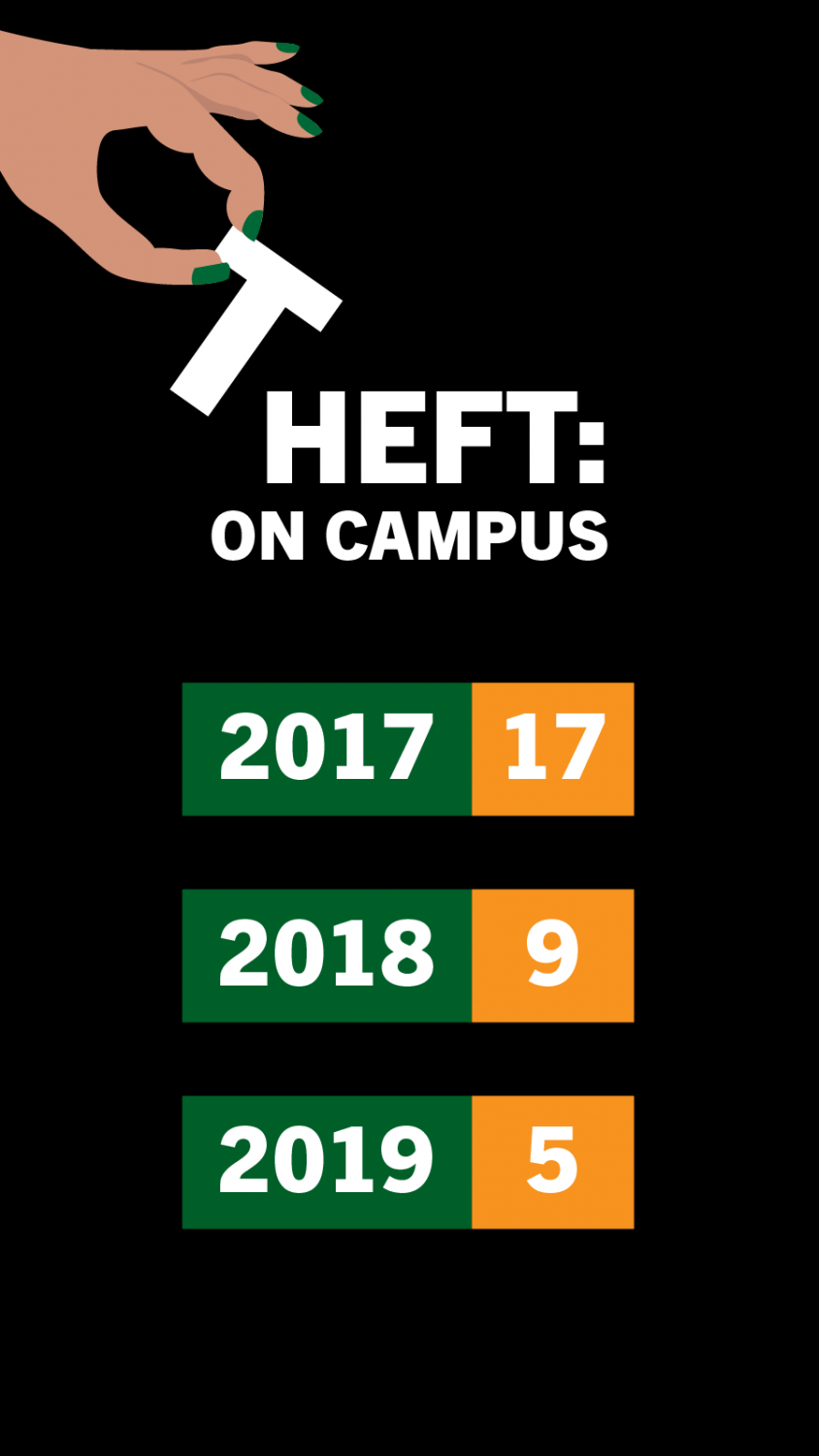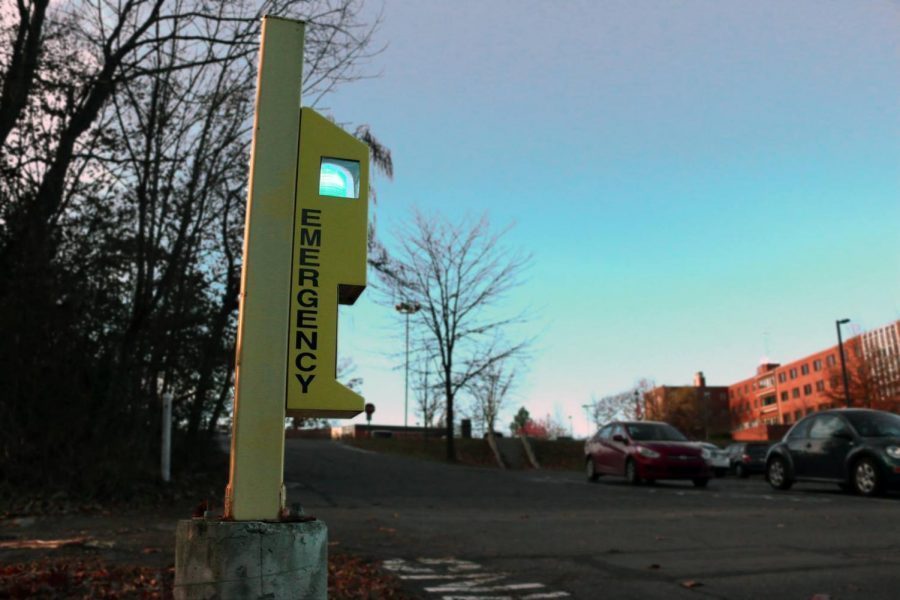Campus Safety releases 2019 Annual Security Report
Photo credit/ Jessica Bonacci
The deadline to submit this report was extended to Dec. 31 due to COVID-19.
February 18, 2021
The Annual Security Report complies with the Jeanne Clery Act, which mandates that all colleges and universities publicly release safety policies and statistics relating to crime for the past three calendar years.
Under normal circumstances, each institution submits a report to the U.S. Department of Education by Oct. 1. However, this year the deadline was extended to Dec. 31 due to COVID-19.
Chief of Campus Safety Mike Pasqualicchio explained that the deadline extension was the only impact that COVID-19 had on the report.
“COVID really didn’t affect these numbers because COVID numbers won’t be until the 2020 report,” said Pasqualicchio. “You’ll see the impact of the lack of students on campus and lack of incidents for next year’s reporting.”
Pasqualicchio said that he does not have any concerns with the report because the numbers are consistent with previous years.
“Some [numbers] are lower and some are higher, but they’re not off the charts,” said Pasqualicchio.

One area that saw a slight increase in instances was reports of vandalism on campus. This report showed 10 instances in 2019, which is seven instances higher than the previous year. Dean of Students Ross Novak said he sees no reason to be concerned about this increase.
“The numbers for this report are seven instances higher than the previous report,” said Novak. “That’s much lower than what I’ve seen at other institutions who have two instances of vandalism a week.”
Another area that saw an increase in instances was disciplinary referrals for liquor law violations. In 2019, there were 96 disciplinary referrals, while there were only 53 disciplinary referrals the previous year. Novak explained that this is an issue at colleges and universities across the country.
“I think that all colleges have issues with alcohol and other drugs and I don’t know that Marywood is any different, said Novak. “But, I would say that those numbers are lower than some of our neighboring institutions.”
Novak explained that education is one reason why he believes Marywood has lower disciplinary referrals for liquor law violations than other institutions.
“I don’t think that having more educational and informational avenues for students to learn about these issues hurts at all,” said Novak. “I think the more information that people have to base decisions off of the better it is for everyone.”

One area that saw a decrease in instances is the number of thefts on campus. In 2019, there were five instances of theft on campus, which is four instances lower than the previous year.

Pasqualicchio explained that what helps keep that number low is when students are aware of their surroundings and belongings.
“A lot of those thefts are out of convenience, like if someone leaves something out or leaves something unlocked,” said Pasqualicchio. “It’s more securing your area and making sure you’re stopping those thefts from occurring.”
One area that has retained consistent numbers in the past three years is hate crimes. For the past three years, there have been no instances of hate crimes on campus. Novak explained that he believes this has a lot to do with the values of the university.
“I think [the nonexistent instances of hate crimes is] a sign of the institution’s mission and core values,” said Novak. “The fact that it resonates with students, in general, and contributes to those specific numbers being lower because students really take those to heart.”
Novak also credits students for the low numbers across the board.
“The reason why I think we have these numbers is because our students are generally well-behaved, which is something that I am very appreciative of,” said Novak.
Contact the writer: [email protected]
Twitter: @BrianaRyanTWW





